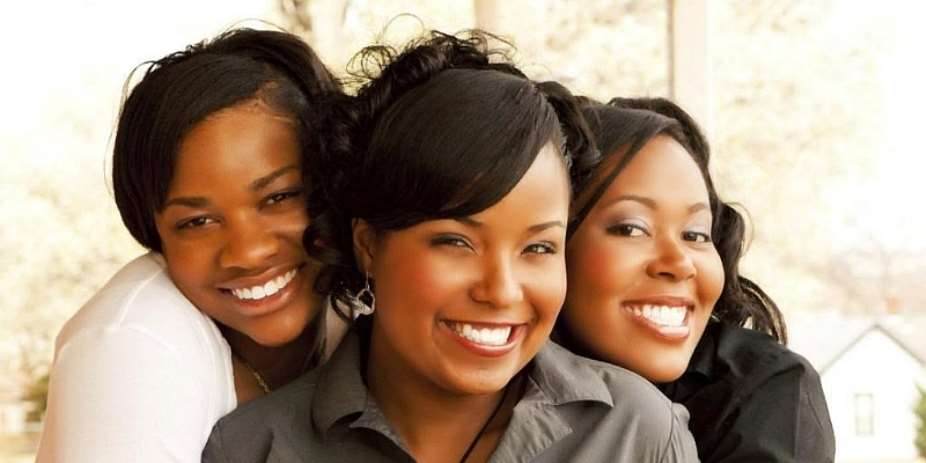The 21 st century African woman is lost. She finds herself in strange places, far away from anything that feels familiar and true. She is following paths that are not her own. Seeking wholeness in places that can never satisfy her and ignoring the whispers of her own longing. She ignores her own feminine wisdom because she’s been told for so long that she’ll get further if she acts like a man. She reveres her body, boobs and butts and thinks that they are more important than her brain.
The African woman we are all aware faces major challenges and obstacles. Majority of them are still denied education and employment, and have limited opportunities in trade, industry and government. They remain at the bottom of the social hierarchy, with poor access to land and health as well. As a result, poverty in Africa wears a woman’s face
It is for this and other reasons that Clenora Hudson-Weems in the late 1980’s coined the term “Africana Womanism”. According to her there are 18 key components that form Africana Womanism. These are: Self-naming, Self-Definition, Family centeredness, Wholeness, Role Flexibility, Adaptability, Authenticity, Black Female Sisterhood, Struggling with Males Against Oppression, Male Compatibility, Recognition, Ambition Nurturing, Strength, Respect, Respect for Elders, Mothering and Spirituality
Africana Womanism therefore seeks to empower the African Woman; to make her more useful to man and the society at large. This is exemplified in Brenda Verner’s (1994) article “The Power and Glory of Africana Womanism”. Brenda writers:
“We love men. We like being women. We love children. We like being mothers. We value life. We have faith in God and the Bible. We want families and harmonious relationships. We are not at war with our men seeking money, power and influence through confrontation. We reject the status of victim. Indeed we are victors, sisters of our own destiny. We are Africana culture keepers: our primary obligation is to the progress of our cultural way of life through the stability of family and the commitment to community ”.
Today, the African Woman has lost focus and her identity. She has taken a second image which does not fit her compared to her naturally gifted dark skin and short hair.
Elijah Adjei Boakye
[email protected]





 We’ll protect state wealth from opaque deals – Prof Jane Naana
We’ll protect state wealth from opaque deals – Prof Jane Naana
 Mauritania president says running for second term in June polls
Mauritania president says running for second term in June polls
 I won't ever say I was a mere driver’s mate' — Prof. Opoku-Agyemang
I won't ever say I was a mere driver’s mate' — Prof. Opoku-Agyemang
 2024 polls: 'EC struggling to defend credibility'— Prof. Opoku-Agyemang
2024 polls: 'EC struggling to defend credibility'— Prof. Opoku-Agyemang
 Akufo-Addo gov't's 'greed, unbridled arrogance, unrestrained impunity, sheer dis...
Akufo-Addo gov't's 'greed, unbridled arrogance, unrestrained impunity, sheer dis...
 Election 2024: Ghana needs an urgent reset, a leadership that is inspiring – Ma...
Election 2024: Ghana needs an urgent reset, a leadership that is inspiring – Ma...
 Partner NDC to rollout a future of limitless prospects – Prof Jane Naana Opoku-A...
Partner NDC to rollout a future of limitless prospects – Prof Jane Naana Opoku-A...
 NPP will remain in gov’t till Jesus comes — Diana Asamoah
NPP will remain in gov’t till Jesus comes — Diana Asamoah
 Sunyani Technical University demands apology from former SRC president over sex-...
Sunyani Technical University demands apology from former SRC president over sex-...
 'Dumsor' was resolved by Mahama but ‘incompetent' Akufo-Addo has destroyed the g...
'Dumsor' was resolved by Mahama but ‘incompetent' Akufo-Addo has destroyed the g...
